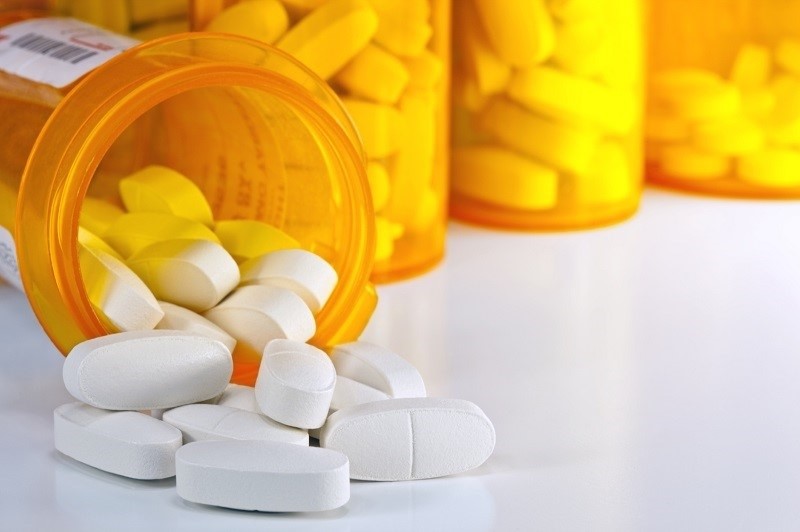When a patient picks up a prescription medication from a pharmacy, they have a right to expect that the prescription has been filled correctly, according to their physician’s instructions. When a pharmacist makes an error in filling a prescription, the effects on the patient can be devastating, even fatal. But are these errors simple negligence, or do they constitute medical malpractice?
Prescription drug errors in Florida are a very real problem. In recent years, some of the state’s largest pharmacies have been forced to pay millions in compensation for prescription errors that resulted in serious harm and even death. Although it’s more common for a physician to be sued in a medical malpractice lawsuit, there’s still a chance that the pharmacist could be held liable as well. In the past, it was generally held that a doctor was solely responsible for a patient’s care. Now that pharmacists are recognized as licensed healthcare professionals, they can also be held accountable for a patient’s care just like any other healthcare professional.

Most prescription drug errors fall into three categories:
- A patient receives the wrong medication. These errors can result when a pharmacist misinterprets the doctor’s written instructions, grabs the wrong container from a shelf, enters the wrong information, etc.
- A patient receives the right medication, but the wrong dosage. Depending on the type of error, a patient may get too little of a dose, which will do little to improve their condition; or worse, too high of a dosage, which could cause a serious, even fatal, overdose.
- The medication’s directions are missing or incorrect. These errors can create serious problems, especially when it pertains to dosage instructions or side effects.
What Is the Difference Between Negligence and Medical Malpractice in a Prescription Drug Error Case?
Most pharmacy medical malpractice lawsuits involve negligence. However, negligence alone is not grounds for a medical malpractice lawsuit. Only when a patient is harmed by a pharmacist’s negligence and suffers damages as a result does a pharmacy drug error qualify as medical malpractice. Errors that could be considered to be pharmacist medical malpractice include:
- Incorrect dosage instructions
- Failure to warn of side effects
- Drug not properly compounded
- Doctor’s orders not followed
- Prescription refilled when it’s not supposed to be
- Failure to review patient’s medical history
- Medication prescribed that interacts negatively other medicines patient is taking
Pharmacists, like all medical professionals, owe their patients a certain of standard of care. A pharmacist is obligated to fill a prescription correctly and alert the patient and doctor to any potential problems. When a pharmacist makes a mistake while filling a prescription order, they fail to deliver this standard of care and put the patient at risk. If a patient is harmed as a result of this error, they have a right to seek compensation for the damages and expenses caused by the pharmacist’s error by filing a pharmacy medical malpractice suit.
Filing a Pharmacist Medical Malpractice Claim
The effects of a prescription drug error on a patient can range from slight to severe. In some cases, they can even be fatal. If you suspect that you or a loved one has been the victim of a drug error caused by pharmaceutical medical malpractice, you should contact an experienced pharmacy malpractice attorney without delay.
In Florida, there is a two year statute of limitations on pharmacist malpractice claims. Exceptions to this rule are made in some cases, such as when the patient doesn’t discover the injury until months after taking the medicine or when the patient is a minor. Even if the two-year deadline has passed, it’s important to speak to an experienced attorney in order to evaluate your options.
Unlike a personal injury lawsuit, there are certain criteria needed to prove malpractice. In order to be successful in a pharmacist medical malpractice claim, you must be able to prove that:
- A relationship existed between the pharmacist and the patient.
- The pharmacist was negligent in filling the patient’s prescription.
- The pharmacist’s negligence resulted in an error that caused the patient harm.
- This harm resulted in damages for the patient.
Pharmacists aren’t the only ones responsible for medication errors. Prescription errors can occur at any stage of the distribution process: the doctor may prescribe the wrong medication; the pharmacist may make a mistake while filling a doctor’s prescription; or the drug itself may be defective due to problems during its manufacturing. It’s important for all healthcare professionals to follow established safety protocols when prescribing medications to their patients.
Contact Lisa Levine, an Experienced Pharmacist Medical Malpractice Lawyer in Fort Lauderdale
Fort Lauderdale pharmacy medical malpractice attorney Lisa Levine, P. A. has decades of experience helping patients in South Florida communities as well as across the United States who have been injured as a result of prescription drug errors and other types of medical malpractice.
You have a right to seek compensation for your pharmacy error related injuries. We want to make sure you get the compensation you deserve for your pain, suffering and economic losses. Call the Lisa Levine today at (954) 256-1820 to schedule a free consultation.
